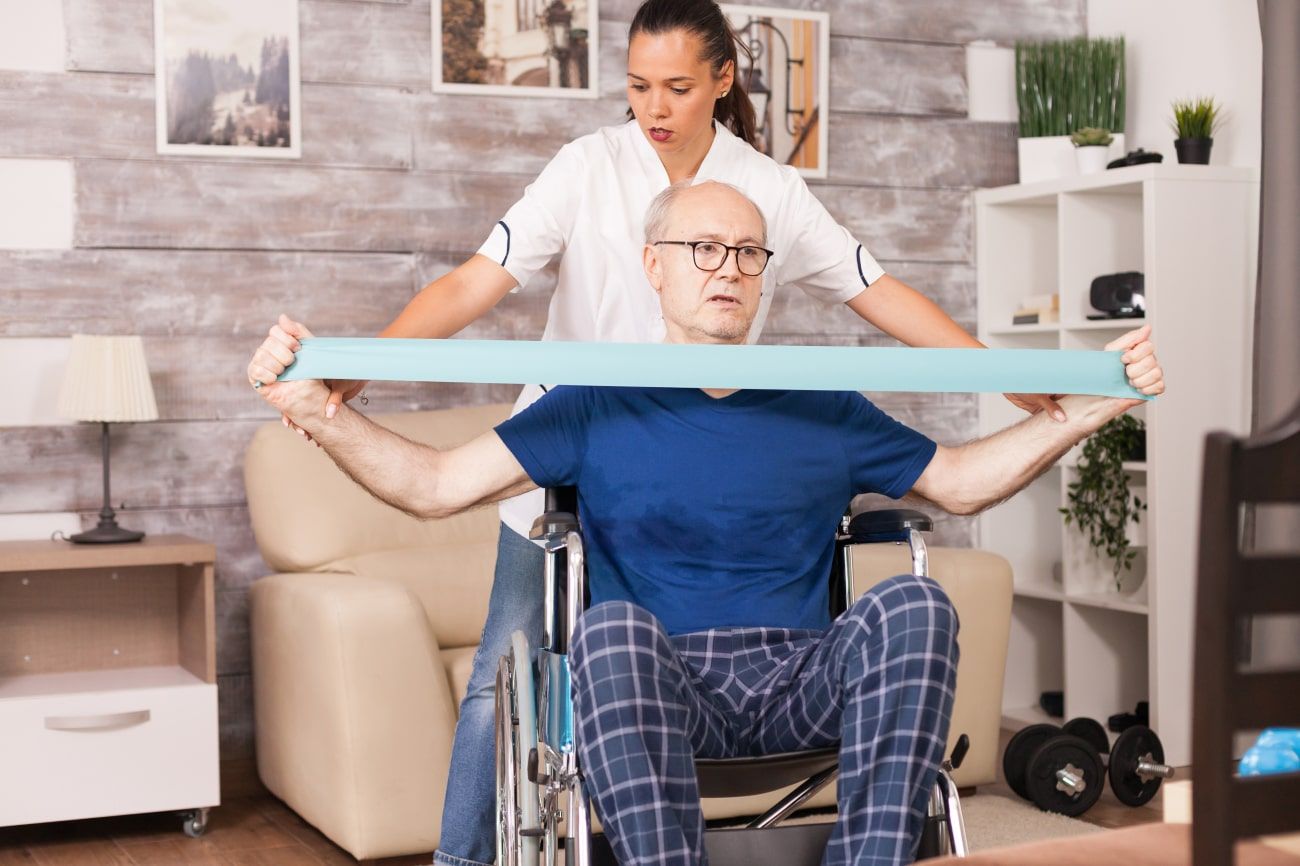
5 Stroke Therapy Options for Better Recovery
A stroke can feel like life is hitting pause, but stroke therapy is the play button that gets things moving again. When an individual suffers a stroke, it affects their brain's ability to control certain functions and movements. This condition can lead to speech, walking, and daily activities difficulties. However, with the proper treatment and rehabilitation plan, individuals can regain their independence and improve their quality of life.
In this blog, we will explore various stroke therapies that can aid in recovery and help you regain mobility, independence, and quality of life.
What is a Stroke?
A stroke, also known as a cerebrovascular accident (CVA), happens when the blood supply to part of the brain is blocked or reduced. It can occur due to a blockage (ischemic stroke) or a rupture of a blood vessel (hemorrhagic stroke). The brain cells begin to die due to lack of oxygen, leading to the loss of brain function in the affected area. The consequences of a stroke can range from mild to severe, affecting physical functions like movement, speech, and memory. Prompt medical attention is vital in minimizing brain damage and initiating recovery efforts.
Stroke Therapy: A Vital Part of Recovery
Stroke rehabilitation focuses on restoring functions, adapting to limitations, and maximizing independence. Therapy starts soon after the stroke and can last months or years, depending on its severity and affected brain areas.
-
Physical Therapy
Physical therapy focuses on improving motor skills, balance, and strength. Stroke survivors often experience weakness or paralysis on one side of their body, so physical therapists work with patients to help them regain movement and coordination. Therapy includes exercises to enhance mobility, walking, and overall functional independence. Strengthening exercises may also be part of the therapy to rebuild muscle tone.
-
Occupational Therapy
Occupational therapy helps individuals regain the ability to perform daily tasks that may have been affected by the stroke. These tasks can include dressing, cooking, bathing, or writing. Occupational therapists teach adaptive strategies, use assistive devices, and help patients relearn fine motor skills. The goal is to improve independence and safety in daily life.
-
Speech Therapy
Speech therapy is essential for stroke survivors who experience speech or language difficulties. These can include problems with articulation, understanding language, or cognitive communication skills. Speech-language pathologists work with patients on exercises to help them improve their speech, language comprehension, and mental abilities. Therapy can also address swallowing difficulties, which are common after a stroke.
-
Recreational therapy
Recreational therapy plays a crucial role in stroke recovery, helping patients regain a sense of normalcy and pleasure. Engaging in leisure activities, such as arts, crafts, or games, helps stroke survivors build social skills and reintroduce joy into their lives. This form of therapy can enhance emotional well-being and assist in cognitive recovery.
-
Cognitive therapy
Cognitive therapy focuses on improving mental functions such as memory, attention, problem-solving, and communication, which may be impaired after a stroke. This therapy involves tailored exercises and activities designed to retrain the brain, helping patients regain lost skills and adapt to challenges in daily life. By consulting a therapist, stroke survivors can strengthen neural pathways and develop strategies to compensate for deficits.
Stroke therapy is a multifaceted approach to recovery that includes physical, occupational, speech, recreational, and cognitive therapies. These therapies help individuals regain their lost abilities and improve their quality of life after a stroke. However, consulting a healthcare professional is essential to create an effective stroke recovery plan. With the proper intervention, a well-structured rehabilitation plan, and early therapy, many stroke survivors can achieve significant recovery and lead independent, fulfilling lives.
